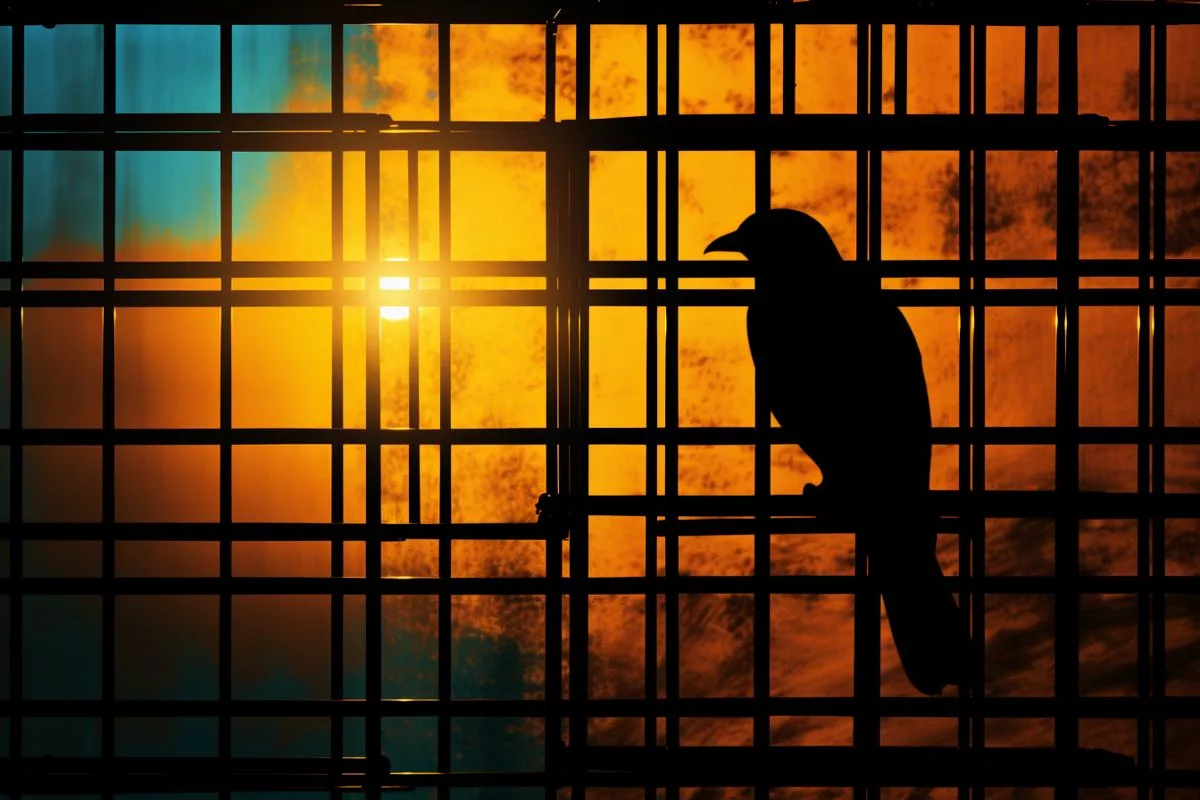Former All Blacks captain Sam Cane has suggested an overhaul of New Zealand Rugby’s eligibility norms to maintain a stream of promising talent within the country. He highlights the need to balance national allegiance and individual career paths, taking inspiration from the South African Springboks’ skill for smoothly transitioning their players between League One and international rugby. Cane’s observations add an intriguing layer to the ongoing dialogue about the future of international rugby, highlighting the complex predicament of preserving national heritage and accommodating individual ambitions.
Former All Blacks captain Sam Cane suggests a potential overhaul of New Zealand Rugby’s current eligibility norms, taking inspiration from South African Springboks’ skill for smoothly transitioning their players between League One and international rugby. While Cane acknowledges the allure of playing overseas, he stresses the need to maintain a stream of promising talent within New Zealand’s parameters. The future of international rugby is as much about strategic decision-making off the pitch as it is about physical skill on it.
The Intricate Terrain of International Rugby
In the mesmerizing sphere of international rugby, players are often caught in a delicate dance between national allegiance and individual ambition. Former captain of the All Blacks, Sam Cane, is the newest voice to join this challenging discourse, hinting at a potential overhaul of New Zealand Rugby’s (NZR) current eligibility norms. His apprehension stems from the looming departure of celebrated players, Richie Mo’unga and Aaron Smith, whose international stints might be drawing to a close.
Cane’s viewpoint, while not groundbreaking, sheds new light on the multifaceted dynamics of rugby’s careful balancing act. His proposed solution? Look towards the impressive playbook of the South African Springboks for a feasible model.
Lessons from the Springboks
In recent times, the Springboks have exhibited an impressive skill for smoothly transitioning their players between League One and international rugby, and the other way around. This adaptability, according to Cane, is something the All Blacks could feasibly replicate. “Many of the Springboks have demonstrated the capacity to perform in League One and return to international rugby promptly, maintaining their top form,” Cane posited.
Nevertheless, this is not an unequivocal endorsement. Cane stresses the need to sustain a stream of promising talent within New Zealand’s parameters. He concedes that the presence of seasoned players in local leagues can provide priceless mentorship to their junior counterparts, thereby aiding the grooming of the future All Blacks stars.
The Allure of Playing Overseas
Cane’s contemplations extend beyond academic discussions of regulatory amendments. His recent brief sojourn in Japan provided him with first-hand experience of the attraction of playing overseas. The All Blacks icon believes that the opportunity to interact with a varied cohort of players in leagues in Japan, France, and other countries rivals the financial perks.
One specific ally whom he’s keen to collaborate with is Cheslin Kolbe, the celebrated Rugby World Cup winner. “It will be thrilling to play with Cheslin, it will be fantastic to have him on my team, instead of constantly trying to tackle him,” Cane confessed. This sentiment underscores the mutual esteem that often surpasses national boundaries on the rugby field.
The Paradox of International Rugby
Cane’s insights expose an interesting paradox at the heart of international rugby. The juggling act between preserving national heritage and accommodating individual career paths is a complex predicament. His sentiments resonate with many players who wrestle with the realities of a rapidly globalizing sport.
While Cane’s suggested eligibility modifications may be outside his scope of influence, his frank reflections certainly add an intriguing layer to the debate. It’s yet to be determined whether NZR will take his advice on board, but his observations have undeniably stirred the pot in the ongoing dialogue about the future of international rugby.
Reflecting on the Future of Rugby
From his eagerness to play alongside Kolbe to his concerns over NZR’s regulations, Cane’s remarks shed light on the intricate dynamics of rugby, reaching beyond the field of play. They capture not just the physical nature of the sport, but the cognitive and emotional elements that dictate a player’s career path as well.
As the debate advances, it becomes progressively evident that the future of international rugby is as much about strategic decision-making off the pitch as it is about physical skill on it. Whether NZR will relax its eligibility restrictions or retain its current framework is a decision that will indubitably mold the next epoch of All Blacks history. Accordingly, Cane’s insights are not merely reflections, but potential indicators directing the trajectory of this esteemed rugby nation.
1. What does Sam Cane suggest for New Zealand Rugby’s eligibility norms?
Sam Cane suggests an overhaul of New Zealand Rugby’s eligibility norms to maintain a stream of promising talent within the country and to balance national allegiance and individual career paths.
2. What inspiration does Sam Cane take from the South African Springboks?
Sam Cane takes inspiration from the South African Springboks’ skill for smoothly transitioning their players between League One and international rugby, and vice versa.
3. How can New Zealand Rugby sustain a stream of promising talent within the country?
New Zealand Rugby can sustain a stream of promising talent within the country by retaining experienced players in local leagues, providing priceless mentorship to their junior counterparts to aid in grooming future All Blacks stars.
4. Why is international rugby a paradox?
International rugby is a paradox because it involves balancing national heritage and individual career paths, which is a complex predicament. It requires strategic decision-making off the pitch as much as it relies on physical skill on the field.
5. What did Sam Cane learn from his brief sojourn in Japan?
Sam Cane learned from his brief sojourn in Japan that the opportunity to interact with a varied cohort of players in leagues in Japan, France, and other countries rivals the financial perks of playing overseas.
6. How might Sam Cane’s insights shape the future of international rugby?
Sam Cane’s insights shed light on the intricate dynamics of rugby, reaching beyond the field of play and capturing the cognitive and emotional elements that dictate a player’s career path. His observations have the potential to shape the trajectory of New Zealand Rugby and the future of international rugby.












